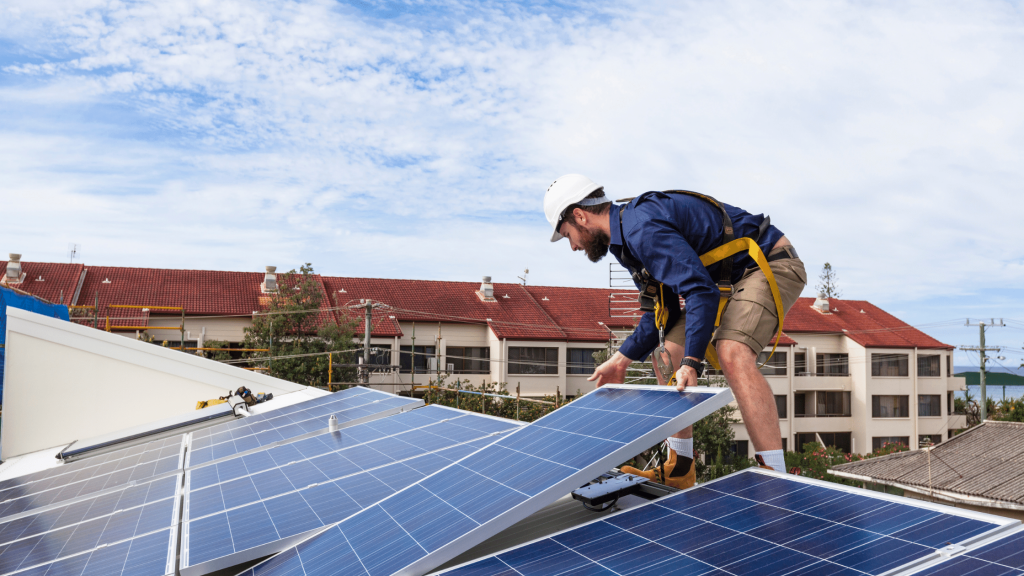Adding solar panels and saving money on energy bills – not to mention helping the planet – sounds like a great idea! When you start researching installation, you’ll discover there are many ways to pay for it. You can buy the equipment, lease it, or finance it. One of the programs that can help pay for installation is the HERO program. It sounds great on the surface, but it’s imperative to read the fine print with this one.
What is the HERO Program?
The name HERO stands for Home Energy Renovation Opportunity. Nationally it is referred to as PACE (Property Assessed Clean Energy Financing). The HERO Program provides financing for energy-efficient, water-efficient, and renewable energy products in approved communities within California and Missouri.
HERO Program 101
- The HERO loan is recorded against the property as a tax lien.
- The tax lien is in the first position. So if a homeowner goes into default, the HERO gets paid before any other creditors. This includes the lender(s) that hold the mortgage.
- If you want to sell your home before the lien is paid off, you should know that the Federal Housing Finance Agency prohibits Fannie Mae and Freddie Mac (conventional loans) and FHA from purchasing mortgages or notes with these types of liens on the property – either as refinances or purchases. That leaves buyers with few choices for the types of loans available where there is a HERO lien on the property.
- The payments for the HERO Program are collected through your property taxes. If you pay your taxes through an escrow impound account with your mortgage company, then the monthly payment will go up. If your mortgage company isn’t contacted right away, you may experience a deficit. This can cause your monthly mortgage payment to go up even more.
- Homeowners with HERO financing may assume that the debt for the equipment or upgrade is assumable by a future buyer. In some cases, they may even be led to believe so. However, they’re NOT. For the most part, banks won’t lend on a property unless the HERO debt is settled before closing.
- It is also important to note that even though the government authorizes these loans and they’re incorporated into your property taxes, they are administered and funded by private lenders. This means the interest rates and terms are frequently not favorable to the borrowers. Be sure to check the interest rate and terms of the loan very carefully.

Real-Life Example
In 2018, we listed a home for clients who added solar panels to their home with HERO program financing. The panels cost more than $30,000 and only added a small fraction of that amount to the value of the home. Their energy savings was also a small drop in the bucket compared to the overall cost. The company that sold them the system told the homeowners the lien could be subordinated if they sold the home. This would allow a future homeowner to take on the debt. However, that wasn’t the case – even if a potential buyer agreed to do so. The company also refused to negotiate the payoff amount with the homeowners. So they were on the hook for the fully amortized amount they would have paid over 30 years, including decades of interest.
Have Questions About the HERO Program?
The HERO program is one way to make improvements to your home. However, if you don’t pay off the loan before selling your home, it will need to be paid out of your sales proceeds. So if the improvement won’t add more than you’ll owe, you may want to re-think it. If you have any questions about how much value a particular project may add to the value of your home, or about the current value of your home, please fill out the form below and we’d be happy to offer advice.



Is the Hero Loan a scam?